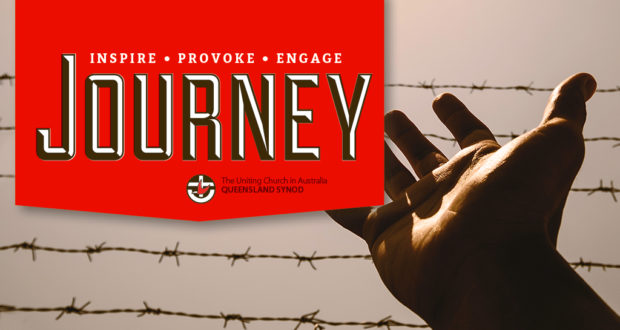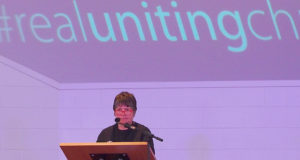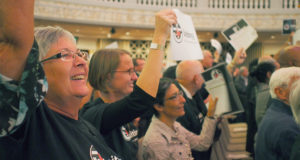I recently watched the classic 1962 film Birdman of Alcatraz starring Burt Lancaster and it’s impossible to finish without contemplating the nature of revenge and rehabilitation.
For those unfamiliar with the real-life story of the Birdman, Robert Stroud was an American murderer who escaped the executioner’s noose but had his sentence commuted to life in solitary confinement. There, he began raising birds and went on to become a noted ornithologist, even publishing respected books on the topic from his cell.
While the film takes rather large creative liberties with Stroud’s actual biography, the central argument of the film is just as applicable to reality: can a person capable of very bad deeds turn their life around and how does the justice system balance often competing interests around rehabilitation, retribution, punishment and compassion?
There are no easy answers but when we are confronted with horrific and evil deeds in our wider society or even within the faith community we must engage in productive dialogue about how justice is delivered for victims as well as for the betterment of society. Imprisonment is an inevitable part of the conversation.
This month Ben Tupou’s profile on Fotuika Ruiz directly grapples with the issues around prison ministry, the spiritual needs of the incarcerated and how one prepares for the task of providing pastoral support for criminals. I’m very curious to hear how you, our readers, feel about the intersections between Christian compassion, moral justice and the current state of judicial sentencing, so please send your letters in.
If you follow American politics chances are you would have detected a degree of hysteria about Russia in many news outlets. It seems a bit reminiscent of Cold War posturing but now it’s the centrist-left working themselves into a frenzy over Russia’s apparent meddling in America’s affairs. So what better time than now to explore one of the major religious influences in the nation—the Russian Orthodox Church. John Harrison investigates the church, its leader Patriarch Kirill and the links between church and Putin’s state.
Finally Dianne Jensen’s feature on Erica Henley’s work with Operation Hope is a moving account of how Erica transformed her shock and horror at the unfolding refugee saga in the Middle East into positive actions to support those suffering the most. A valuable reminder of how good intent must be followed with tangible actions.
Ben Rogers
Cross-platform editor
 JourneyOnline
JourneyOnline







